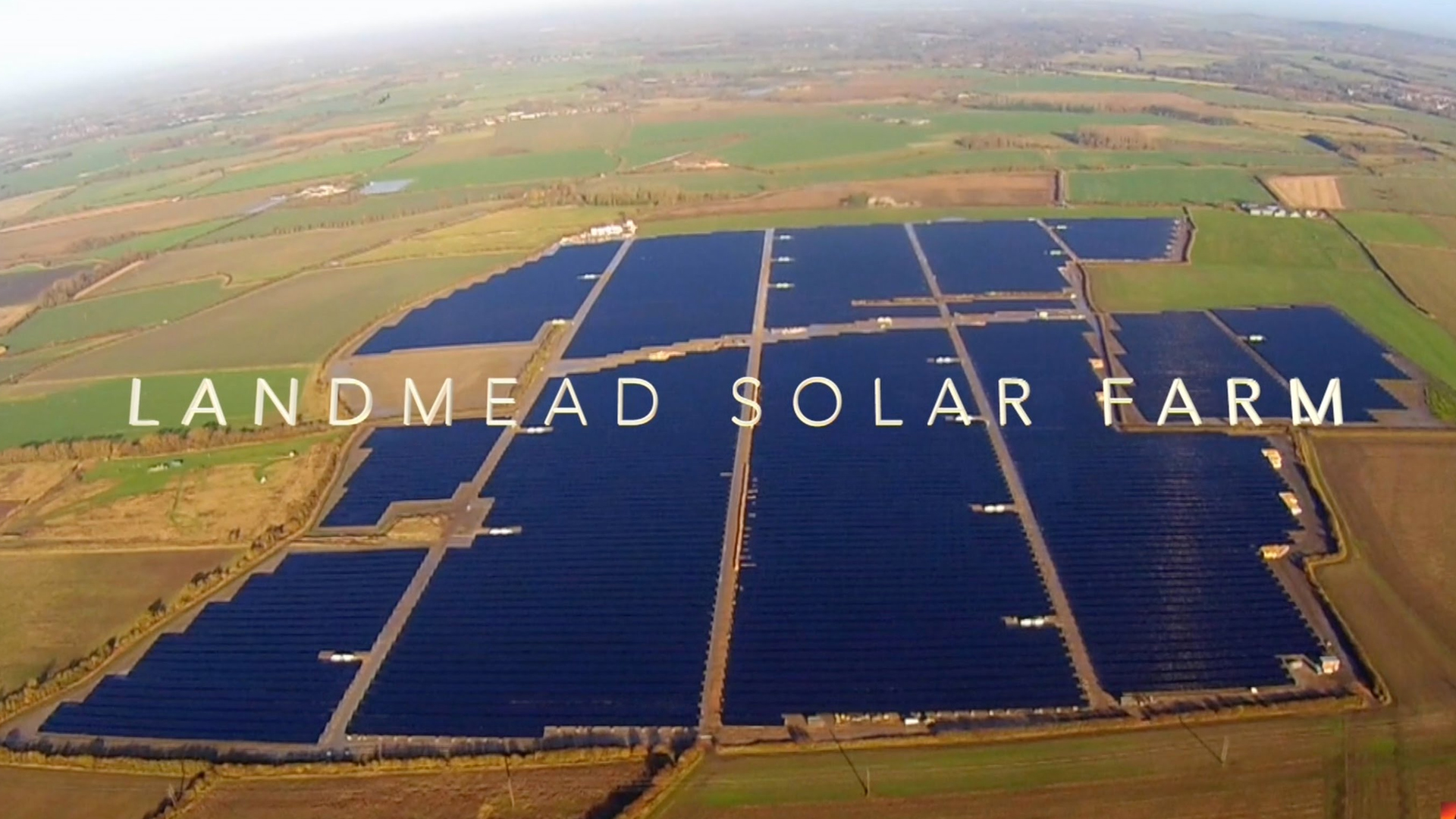News Article
OLED It Shine
Fraunhofer IPMS and Sunic System join to develop OLED lighting and OSC fabrication tools.
Sunic System, a producer of vacuum deposition equipment for OLED, announced to start a strategic co-operation with the Fraunhofer Institute for Photonic Microsystems (IPMS) in Dresden, Germany, a research centre for organic materials based technology research, in the field of deposition tool technologies for organic light emitting diodes (OLED) and organic solar cells (OSC).
To address a large market segment for OLED lighting, the fabrication technology and fabrication tools have to be improved in terms of fabrication yield and cost. Sunic System and Fraunhofer IPMS want to bring together their expertise to improve current fabrication systems to be ready for future demands. The development will be based on the pilot production system which will be installed at the Fraunhofer IPMS in the next months. This tool is designed for efficient material usage and organic stack flexibility at high throughput.
It will be the core fabrication tool of the Centre for Organic Materials and Electronic
Devices Dresden (COMEDD), which started its work on September 10, 2007. The German federal government, the local government, as well as the EU, are investing € 25 million into COMEDD to establish the leading European institution for R&D and pilot production of small molecule organic devices. It is one of the worldwide first pilot production systems for OLED lighting devices and organic solar cells.
“The co-operation with the Fraunhofer IPMS allows us the more rapid development of innovative tool concepts to support the lighting and solar cell industry of the future.”, says Dr. Hoon Lim, CEO of Sunic Systems.
“The OLED lighting and organic photovoltaic industries will progress only if the manufacturing cost and fabrication yield will be drastically improved. The close link between technology and tool development is essential for a future success of these novel markets. Dresden is the largest centre in the world for the development of these technologies” says Prof. Karl Leo, director of the Fraunhofer IPMS.
OLEDs (organic light emitting diodes) are considered as the solid state lighting technology for new flat, large area, and efficient lighting solutions in the future, opening a window for rapidly growing and large markets. In the mid and long term future also organic based solar cells show a large market potential. Such modules will be low cost, lightweight and flexible in shape. Due to the low cost materials and close to room temperature manufacturing processes, a short energy payback time is expected.
To address a large market segment for OLED lighting, the fabrication technology and fabrication tools have to be improved in terms of fabrication yield and cost. Sunic System and Fraunhofer IPMS want to bring together their expertise to improve current fabrication systems to be ready for future demands. The development will be based on the pilot production system which will be installed at the Fraunhofer IPMS in the next months. This tool is designed for efficient material usage and organic stack flexibility at high throughput.
It will be the core fabrication tool of the Centre for Organic Materials and Electronic
Devices Dresden (COMEDD), which started its work on September 10, 2007. The German federal government, the local government, as well as the EU, are investing € 25 million into COMEDD to establish the leading European institution for R&D and pilot production of small molecule organic devices. It is one of the worldwide first pilot production systems for OLED lighting devices and organic solar cells.
“The co-operation with the Fraunhofer IPMS allows us the more rapid development of innovative tool concepts to support the lighting and solar cell industry of the future.”, says Dr. Hoon Lim, CEO of Sunic Systems.
“The OLED lighting and organic photovoltaic industries will progress only if the manufacturing cost and fabrication yield will be drastically improved. The close link between technology and tool development is essential for a future success of these novel markets. Dresden is the largest centre in the world for the development of these technologies” says Prof. Karl Leo, director of the Fraunhofer IPMS.
OLEDs (organic light emitting diodes) are considered as the solid state lighting technology for new flat, large area, and efficient lighting solutions in the future, opening a window for rapidly growing and large markets. In the mid and long term future also organic based solar cells show a large market potential. Such modules will be low cost, lightweight and flexible in shape. Due to the low cost materials and close to room temperature manufacturing processes, a short energy payback time is expected.






























